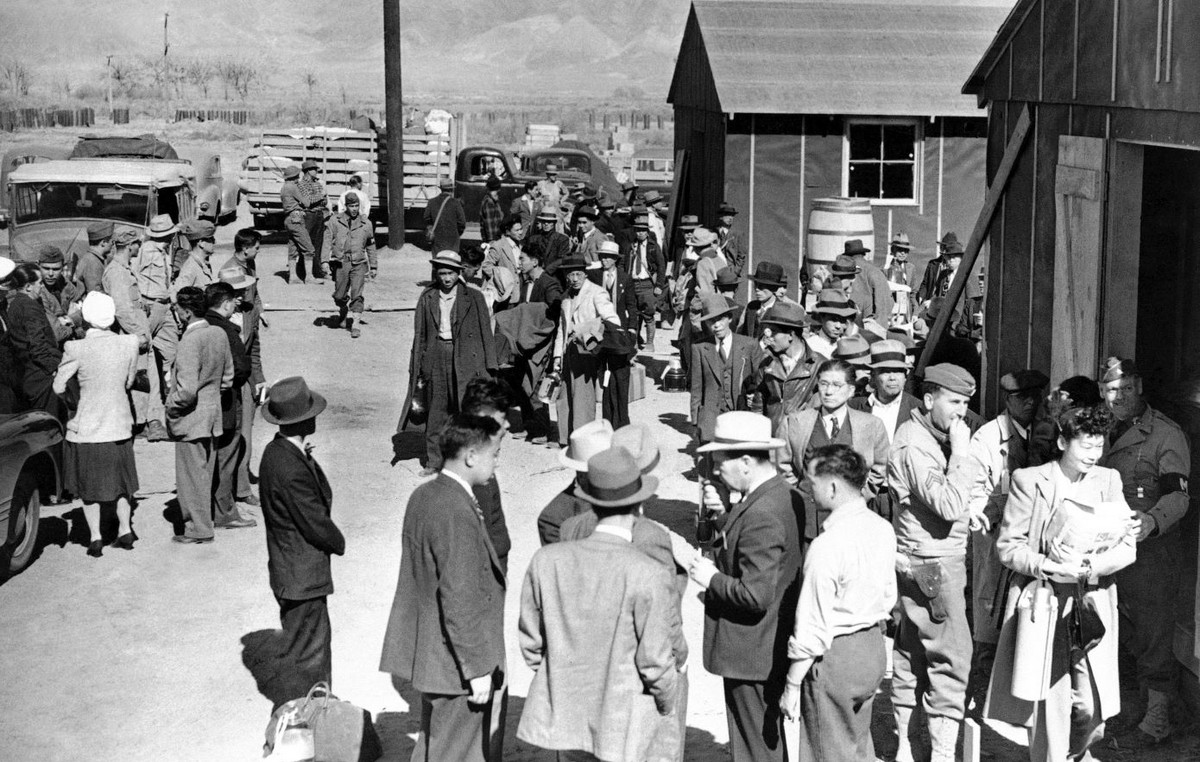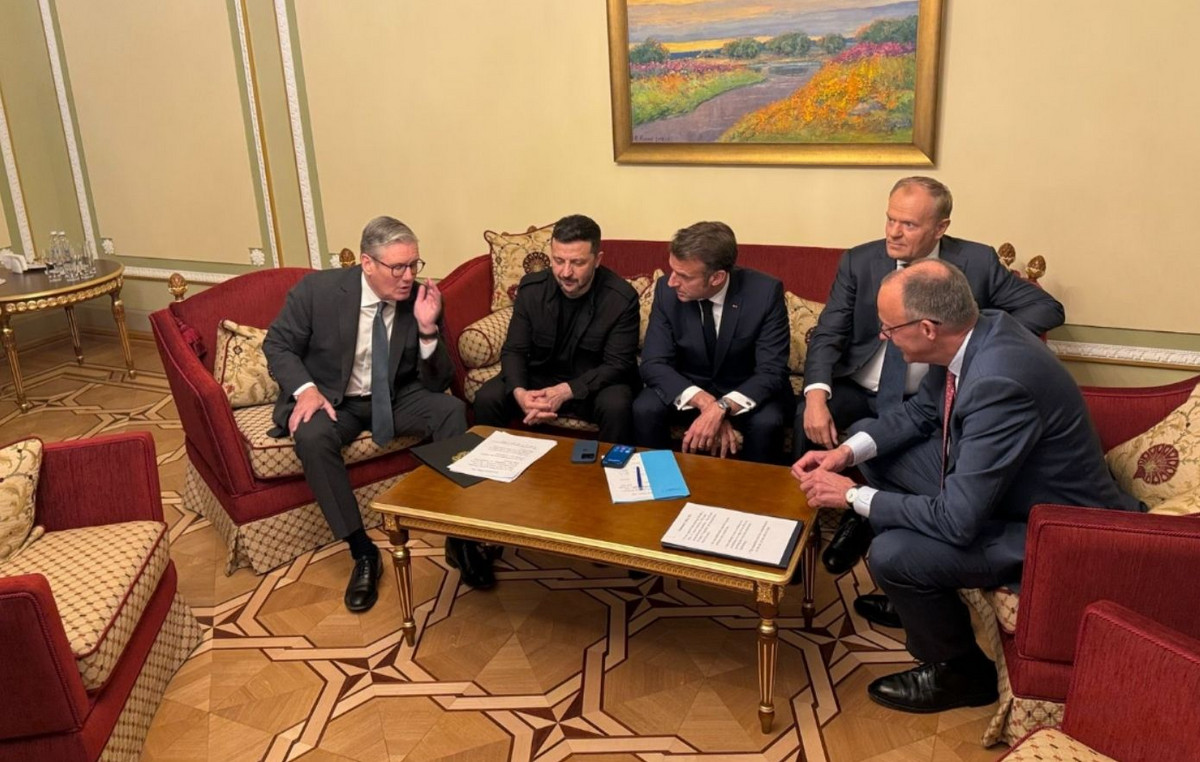With his right leg heavily bandaged from a gunshot wound, Palestinian Tamer Ossama Salem al-Hafy lies in an Egyptian hospital recalling his ordeal in Gaza, where Israel accused him of being a terrorist.
A paramedic at the Indonesian Hospital in northern Gaza, al-Hafy, 40, said he was shot below the knee by Israeli forces while helping the wounded onto stretchers after an Israeli airstrike last November.
He briefly became a patient at the same hospital before fleeing on November 20 when he was attacked. His father, Ossama, had to carry him on his back as they made their way to another medical facility in southern Gaza.
At an Israeli military checkpoint, al-Hafy said, soldiers accused him of being a “terrorist” and took him to a detention center where he was blindfolded.
He said he was detained for 35 days and released without charge. During his detention, he was handcuffed by his arms and legs to a bed inside a tent, he added.
Reuters was unable to independently verify al-Hafy’s account. Israeli authorities did not respond to a request for comment on his account.
Al-Hafy said he was blindfolded except during interrogations and was given only “liquid vitamins” through a straw every three or four days as food.
“I was in a prison. I had no idea where I was located,” he told Reuters at a makeshift hospital aboard a cargo ship docked in al-Arish, an Egyptian city in the Sinai Peninsula near Gaza.
“They would uncover my eyes and put them back on later. I didn’t see the sun until I was freed,” he said.
Al-Hafy said he was beaten and humiliated and denied medical care while in detention, and believes his work as a paramedic made him a target.
“The words ‘medical staff’ and working in a hospital were enough for them to treat him as a suspect,” he said.
Medical groups including the World Health Organization have called for a halt to attacks on Gaza health workers during Israel’s offensive, launched after Palestinian gunmen led by the Islamist militant group Hamas attacked Israel on Oct. 7.
Israel’s military has accused fighters from Hamas and its ally Islamic Jihad of hiding in hospitals and using human shields, allegations it denies. The military also claims to have captured fighters in medical facilities.
Al-Hafy’s account of being blindfolded, restrained and beaten is consistent with comments from other Palestinians who have been detained by Israel and with statements by human rights groups about alleged abuse and mistreatment.
The UN’s top rapporteur on torture expressed concern in May, saying she was concerned about alleged emerging patterns of violations against Palestinian detainees and the lack of accountability.
The Israeli military said detainees are being treated in accordance with international law and that allegations of abuses against Palestinian detainees are being investigated.
The military attorney general said in May that the allegations were treated seriously and that investigations had been opened in episodes where criminal offences were suspected.
About 1,200 people were killed in the Oct. 7 attack and about 250 were taken hostage to Hamas-ruled Gaza, according to Israeli estimates.
Israel has killed more than 38,000 people, according to Gaza health officials, and destroyed much of the enclave’s infrastructure, including thousands of homes, in its military response, which it says is aimed at eliminating Hamas.
Al-Hafy said he was “dumped” in southern Gaza after being released from detention and, still unable to walk, had to crawl for 3.5km. Over the following months, he was treated at four different hospitals in Gaza, suffered a blood clot in his lung and fell into a coma, he said.
When he woke up about 25 days later, he had lost vision in his right eye, he said. He was eventually flown to Egypt for medical care.
He is now being treated in a makeshift hospital funded and operated by the Emirates, aboard a cargo ship in Egypt, near Gaza. Many of the patients on the “floating hospital” are Gazan children, some with amputated limbs.
“They (medical team), may God bless them, tried everything with me, but God still did not allow me to be cured,” al-Hafy said.
Source: CNN Brasil
Bruce Belcher is a seasoned author with over 5 years of experience in world news. He writes for online news websites and provides in-depth analysis on the world stock market. Bruce is known for his insightful perspectives and commitment to keeping the public informed.







